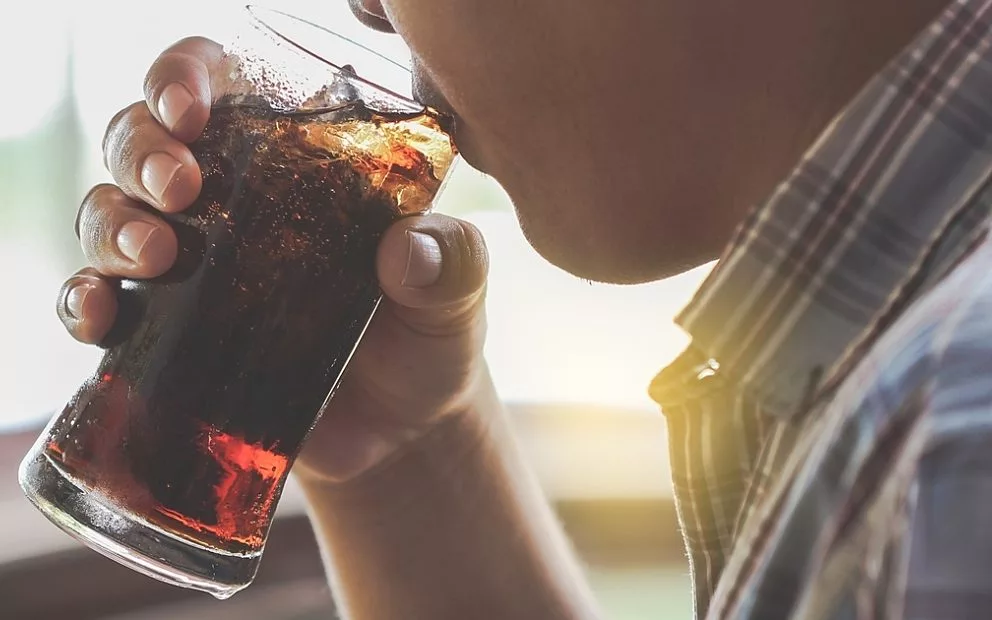Australians have a growing appetite for regulation of sugary drinks according to the latest research from SAHMRI’s Health Policy Centre.
Results from a national survey done in 2017 show more than three-in-four Australians support a range of measures to curb the health impacts of sugary drinks including warning labels, advertising restrictions and a “health levy” to fund public education campaigns.
Professor Caroline Miller, from the University of Adelaide’s School of Public Health and the Director of SAHMRI’s Health Policy Centre, says governments can act immediately to tackle sugary drink consumption safe in the knowledge they have overwhelming public support.
“These latest figures show support for warning labels on containers, places of sale and advertising is around 85 per cent,” Professor Miller said.
“Support for restrictions on the marketing and sale of these products to children is above 75 per cent, while 77 per cent of Australians support a tax on sugary drinks, provided it acts as a ‘health levy’, with the proceeds funding obesity prevention.
Lincoln Size, the Chief Executive of Cancer Council SA, which part-funded the study through its Beat Cancer Project, commended the research and urged governments to act on its findings.
“We know that at least one third of cancers in Australia are preventable through healthy lifestyle changes including eating a healthy diet, engaging in physical activity, limiting alcohol and quitting smoking,” Mr Size said.
“It’s great to see that Australians are supportive of further government regulations in the area of sugar sweetened beverages and it would be fantastic to see to the government use this research to inform future policy decisions, which will make real change to the health of all Australians.”
Professor Miller says the research illustrates the public’s increasing understanding of how health warnings and targeted taxation impact behaviour.
“When we compare the results of the 2017 survey to a South Australian survey run in 2014, we see a significant rise in public support for a ‘sugar tax’ and for graphic warning labels on packaging,” Professor Miller said.
The 2017 survey canvassed 3430 Australians from each state and territory, asking about 10 potential policy initiatives to reduce consumption of sugary drinks. Sugary drinks were defined as all non-alcoholic, water-based drinks that contain sugar. The results were published in BMJ Open.


